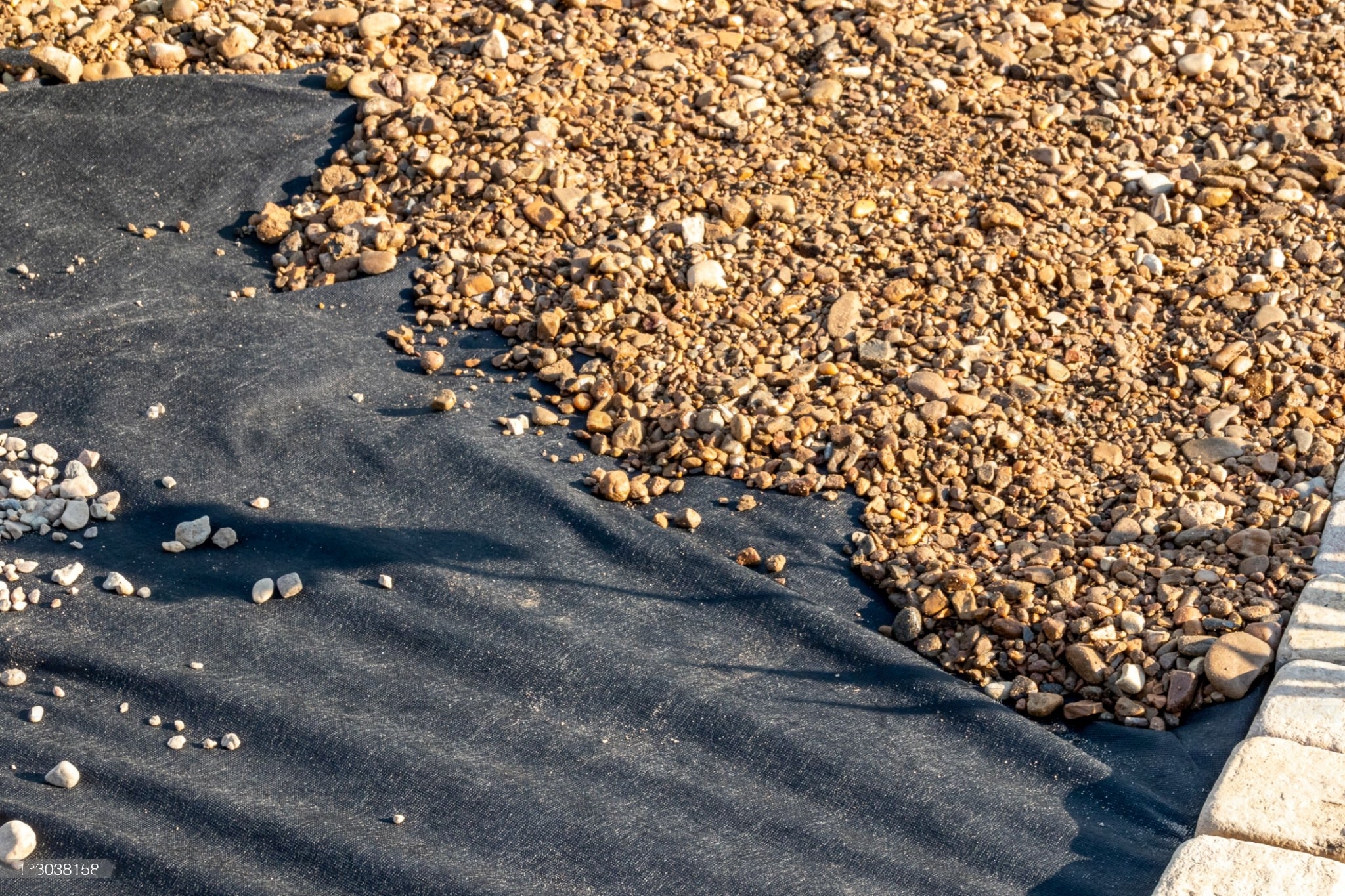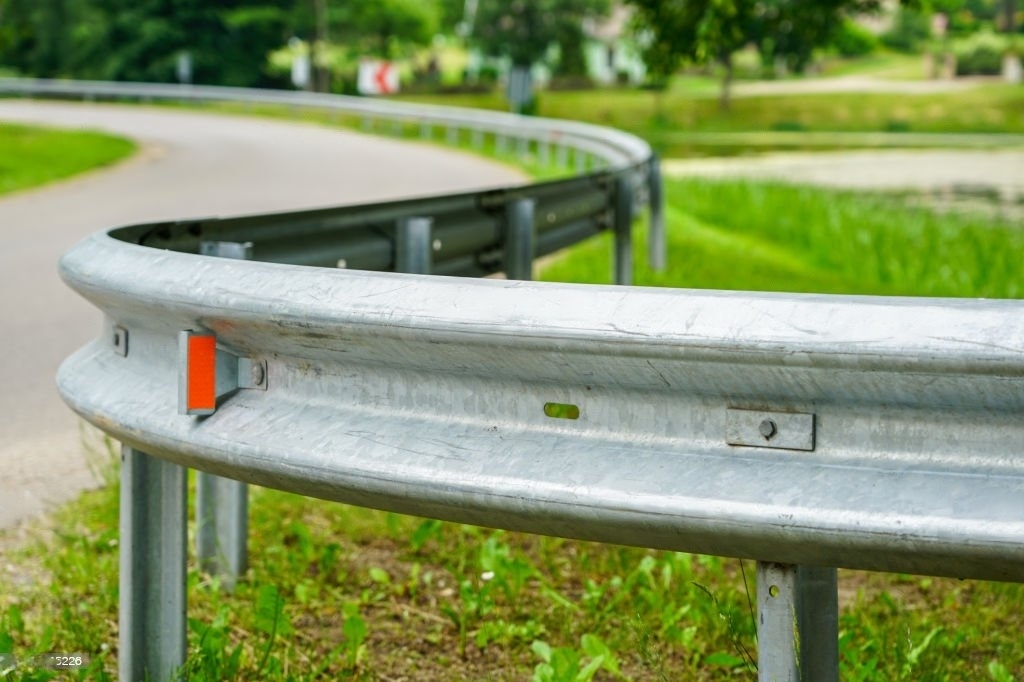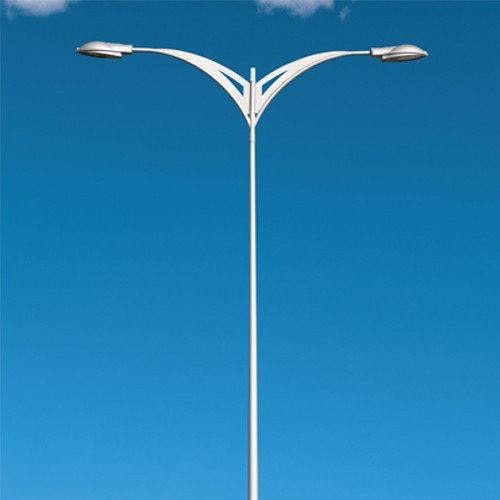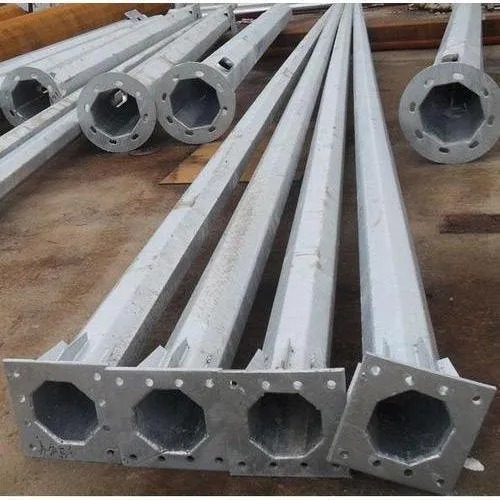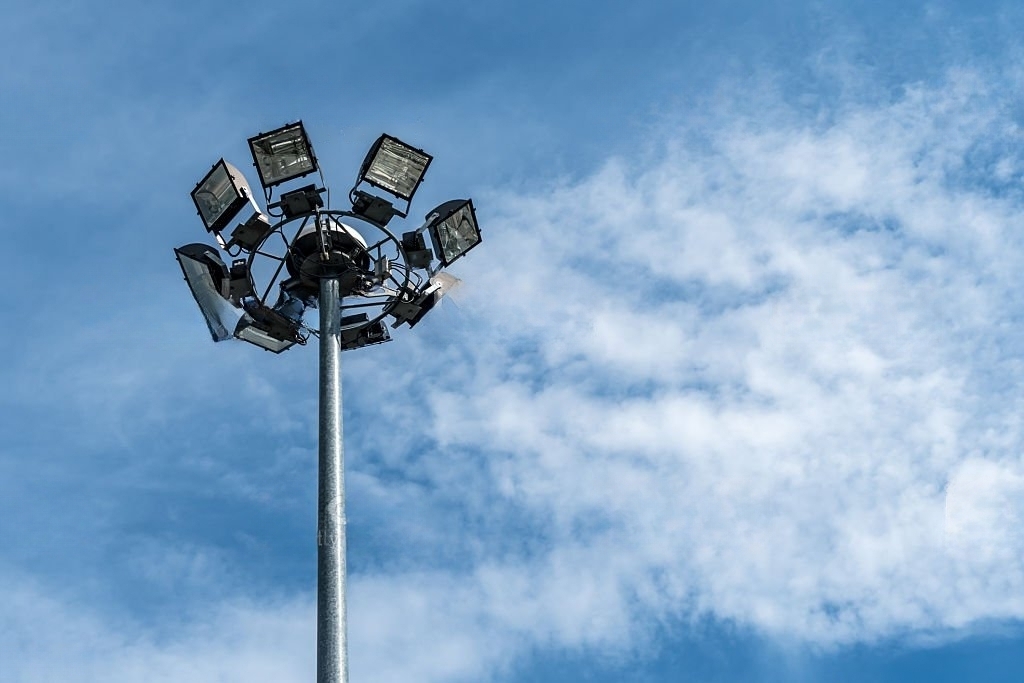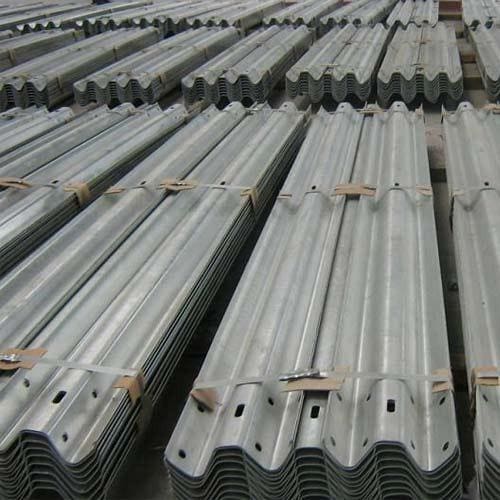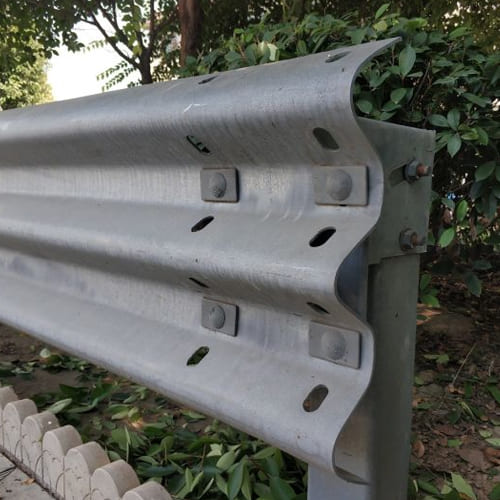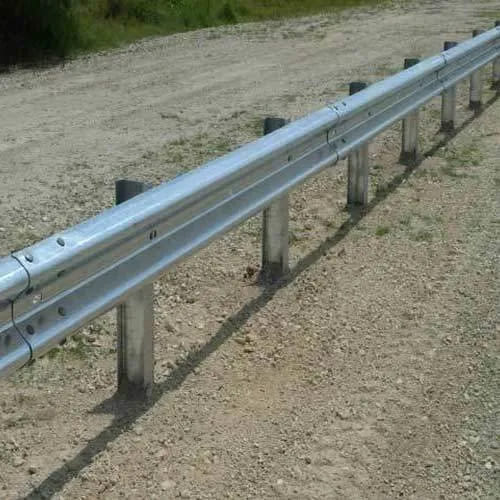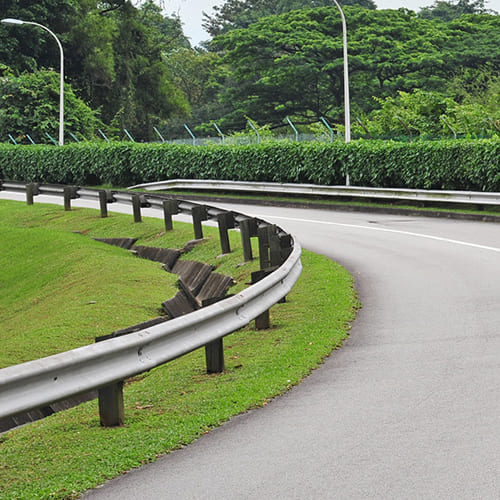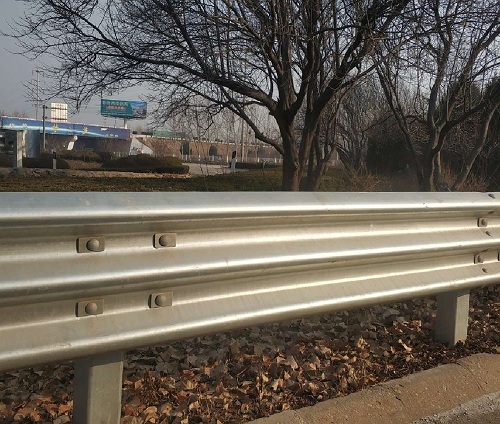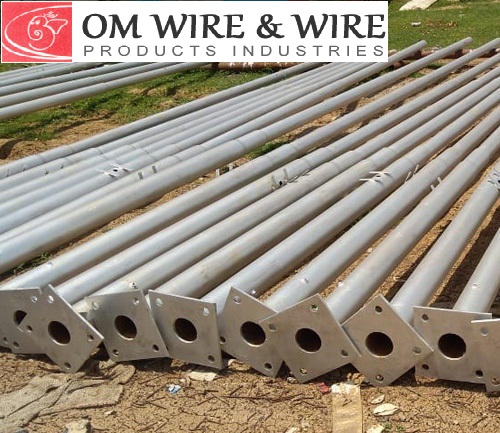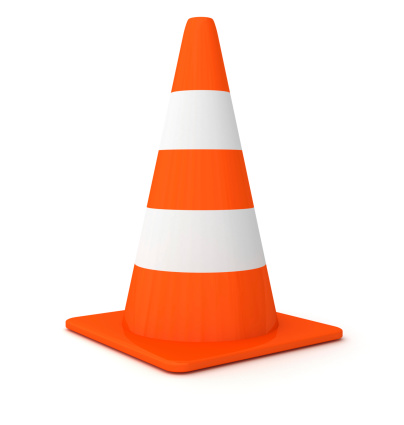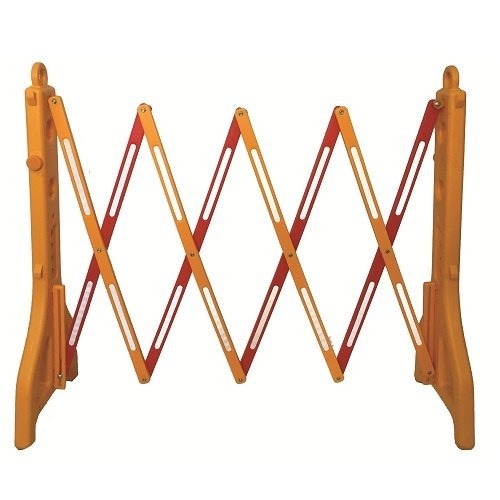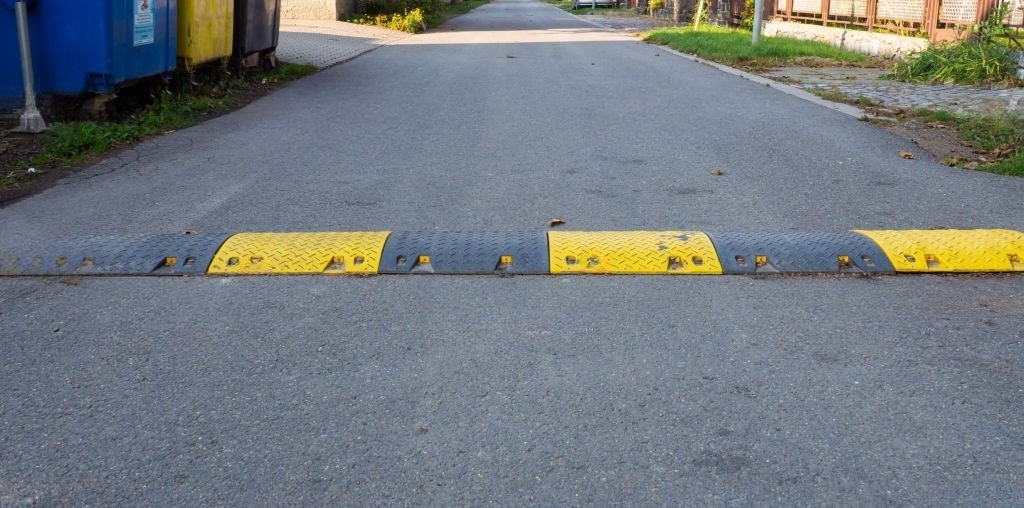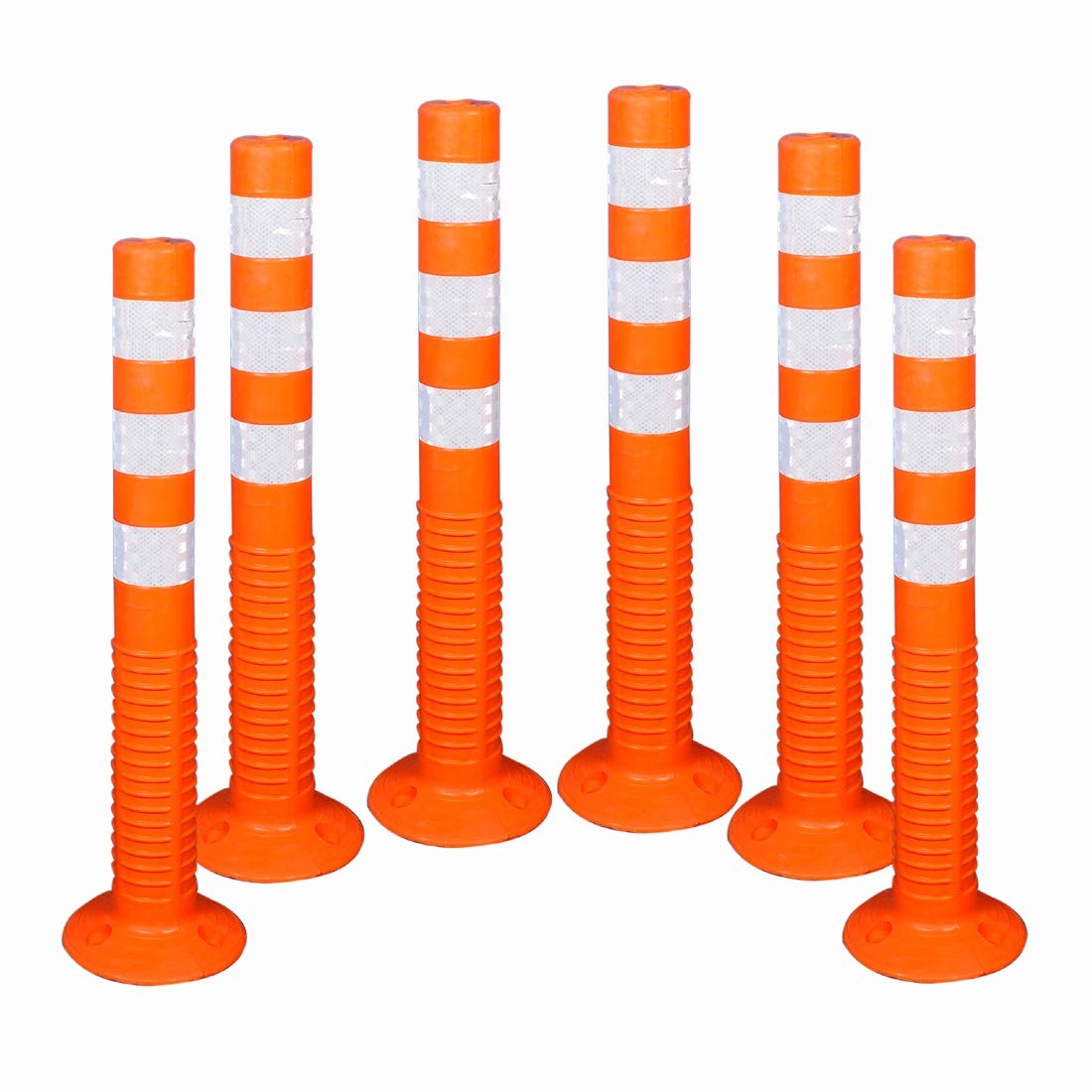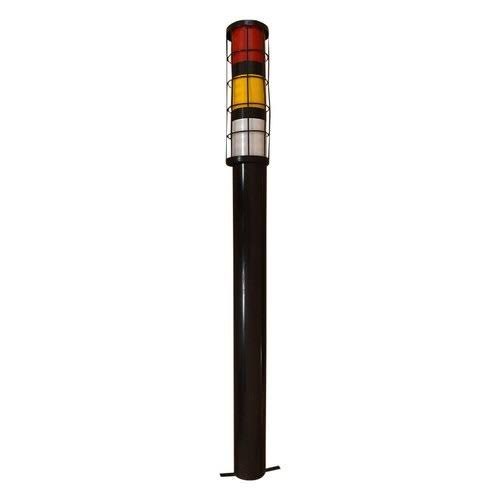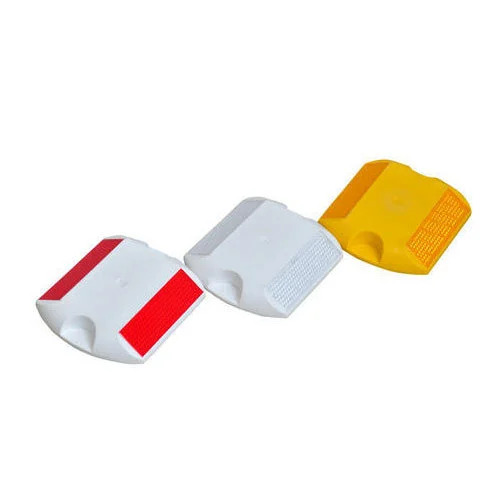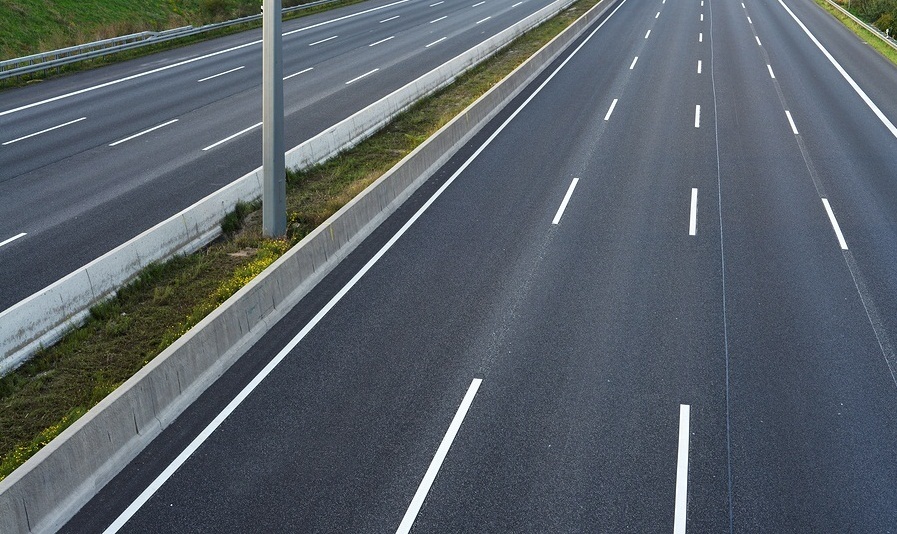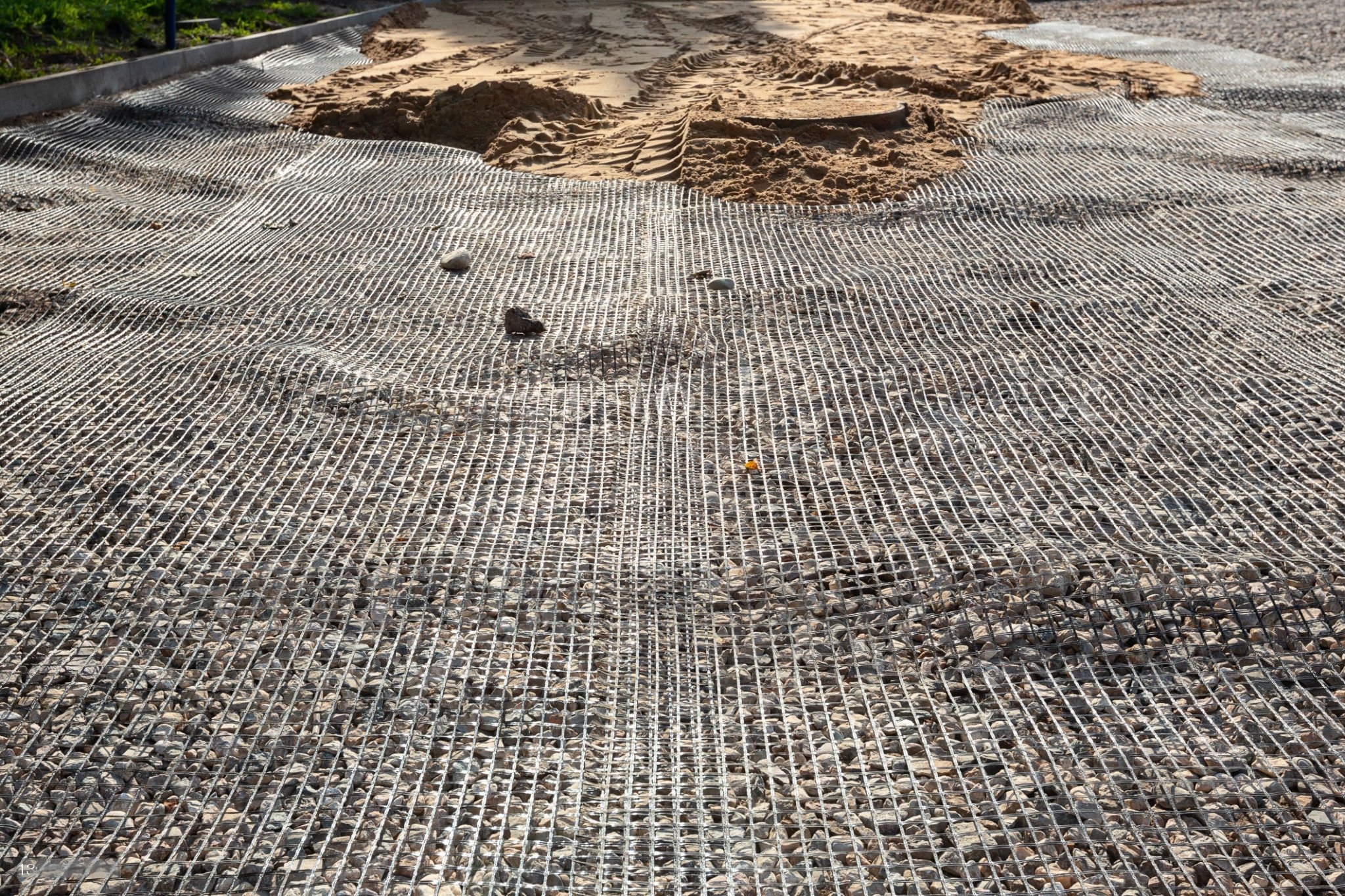Our Products
- Crash Barrier
- Thrie Beam Highway Crash Barrier
- W Beam Highway Crash Barrier
- Metal Beam Highway Crash Barrier
- Highway Guardrail
- W Beam Guardrail
- High Mast Pole
- Octagonal Pole
- Conical Pole
- Steel Tubular Pole
- Non Woven Geo Textile
- Geo Grid
- Thermoplastic Road marking Paint
- Road Stud
- Road Delineators
- Spring Post
- Road Speed Breaker
- Scissor Barrier
- Water Barrier
- Traffic Cone
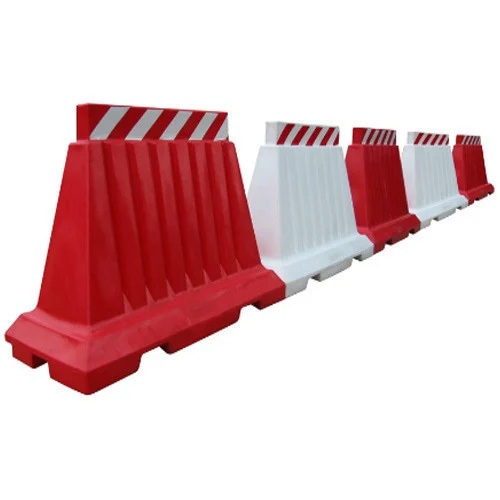
Water Barrier
A water barrier, also known as a water-filled barrier or water-filled barricade, is a type of temporary or semi-permanent road safety and traffic control device designed to enhance road safety, manage traffic flow, and provide separation between lanes or work zones. These barriers are typically filled with water to provide weight and stability while remaining relatively easy to transport and install. Water barriers offer a flexible and effective solution for various traffic management and safety needs.
Here are some key features and applications of water barriers:
Traffic Management: Water barriers are often used to manage traffic flow and lane separation in construction zones, work areas, and special events. They help guide drivers, prevent lane changes, and maintain organized traffic patterns.
Temporary Barriers: Water barriers are temporary solutions that can be quickly deployed and removed as needed. This makes them ideal for short-term roadwork, events, or other situations where temporary traffic control is required.
Safety: Water barriers contribute to road safety by providing a physical barrier between vehicles and pedestrians, construction workers, or other potential hazards. They help prevent accidents, especially in areas with high traffic or complex road configurations.
Flexibility: Water barriers are usually modular and can be interconnected to create longer stretches of separation. This flexibility allows for customization based on the specific road layout and requirements.
Stability: The weight of the water inside the barriers provides stability and prevents them from easily tipping over or moving. This stability is especially important in windy conditions.
Visibility: Many water barriers are equipped with reflective materials or high-visibility colors to enhance their visibility, especially during low-light conditions or at night.
Impact Absorption: Water barriers have some level of impact absorption due to the water-filled design. This can help reduce the severity of collisions and protect both vehicles and pedestrians.
Ease of Installation: Water barriers are relatively easy to transport and install compared to more permanent concrete barriers. They can be positioned quickly without the need for heavy machinery.
Reusability: Water barriers can be emptied, transported, and refilled at different locations as needed. This reusability makes them cost-effective for various projects.
Environmental Considerations: Using water as the filling material makes these barriers less environmentally harmful than some other alternatives. Water can be easily drained and disposed of, minimizing ecological impact.
Aesthetic Options: Some water barriers are designed with aesthetics in mind, featuring smoother surfaces and modern designs that blend better with urban environments.
Water barriers come in various shapes and sizes, including Jersey barrier-style shapes, cylindrical shapes, and more. When using water barriers, it's important to adhere to proper installation guidelines, including proper spacing, placement, and proper signage to communicate their purpose to drivers.
In summary, water barriers are versatile road safety devices that provide temporary traffic control, manage traffic flow, and enhance safety in various scenarios. Their ease of installation, stability, and flexibility make them valuable tools for maintaining road safety during construction, events, or other situations that require temporary traffic management.
